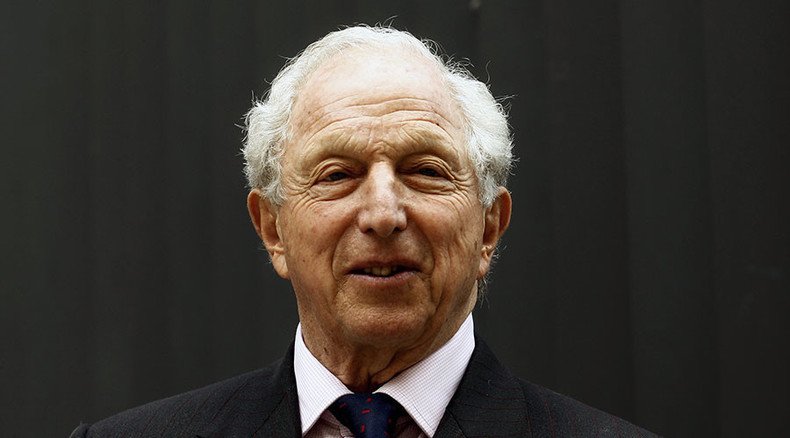Scrapping Human Rights Act ‘dangerous and expensive’ – Lord Woolf

Former Lord Chief Justice Lord Woolf has warned that scrapping the Human Rights Act could bring about “dangers” including a deluge of new cases brought by “creative” lawyers who seek to create “areas of disrepute” in the legal system.
Woolf told the Lord’s EU Justice Sub-Committee that current European human rights laws bring “clarity” to issues, which will all be negated if the act is abandoned.
He said the move would lead to “expense” as courts are forced to renegotiate human rights issues.
“One of the things that should be taken into account before we have determined what we are going to do is the dangers inevitably involved in this,” Woolf said.
“There is expense, uncertainty, anxiety of litigants – and for what? What counterbalance is there?
“It is inevitable that we’re going to lose the benefits that we have got – the clarity and certainty from a large number of cases that have already been dealt with.”
The Conservative government is expected to release details in the coming weeks of the British Bill of Rights, designed to replace the Human Rights Act. The bill would mean British courts no longer answer to European courts and would rein in the abuse of existing legislation.
However, it is not clear how the bill will affect Britain’s links with the European Convention on Human Rights, which is a separate treaty from other European courts.
“Any change of the substantial nature that is now proposed will create positions of uncertainty,” Woolf added.
“Since the Human Rights Act was passed there’s been a number of cases in this country and in Strasbourg and we have the benefit of those decisions.
“They enable people to identify what are the rights of individuals and what are the limits of those rights, because they have clarity.
“Once we provide an entirely new situation that whole game has to be re-started and lawyers are going to think of ways of creating all sorts of areas of dispute, which will then have to be clarified either in our own courts or in the Court of Justice or the European Court, unless we’ve taken away the right to apply to the European Court.”
Chairwoman of the committee Baroness Kennedy said Woolf was the first person who had expressed the financial dangers of repealing the Human Rights Act.
“Perhaps we should have this in mind when government considers it,” she said.













